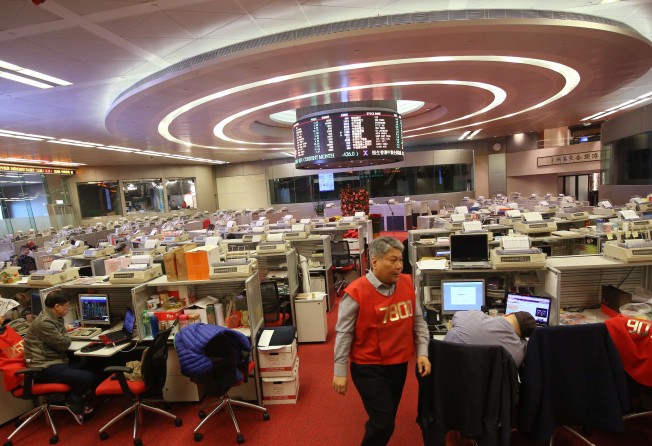HKEx’s proposed third board draws mixed reaction from industry professionals
Proponents of the board could expand investment opportunites while critics express their concerns about its role and effect on Hong Kong’s global reputation

Opinion remains divided on the Hong Kong Exchanges and Clearing’s (HKEx) proposal to launch a third board.
Its 2016/18 strategic plan wants a third board for companies, unable to meet the profit requirements of the main board or the trading criteria of the Growth Enterprise Market (GEM).
Andrew Lam, BDO’s director and head of business development of assurance department, says if a third board is to be introduced, it will need to have a very clear and distinct positioning which should be different from that of the main board and GEM.
“For example, is this going to be a board for a different type of enterprise such as companies with weighted voting rights or hi-tech companies?” Lam asks. “Or is it just going to be a board with lower entry thresholds which effectively creates a tier-three board?” Or is this going to be an over-the-counter operation reserved for professional investors, he adds.
If properly constituted and positioned, Lam says a third board could attract new investors and new funds. “This would enrich the Hong Kong capital market and further cement Hong Kong’s position as an international financial centre,” he says.
A third board would also provide investors with another opportunity to invest in companies that are not suitable for listing on the existing two boards. Suggestions have been made that a third listing venue could host the shares of emerging companies such as those in the technology and innovation sectors.
If a third board was established, Lam says for potential candidates the main opportunity is the attraction of raising of new funds for further expansion. Also, there would be the added advantage of being branded as a listed company on an internationally renowned stock exchange.
“The corresponding challenges will be the ability to attract new investors, both in terms of quantity and quality,” Lam says. Furthermore, he adds a third board with a lower entry requirement may or may not have a correspondingly lower post listing compliance requirement in terms of disclosures and governance,
as compared to the other
two boards.
At a time when the Hong Kong securities regulators are cracking down on back-door listings to guard against inferior stocks, Simon Mak, founder and CEO at Ascent Partners Group, says it is important for Hong Kong to maintain its hard-earned reputation as a premium stock listing environment. “We should not sacrifice our reputation simply to attract more listings and risk damaging our global reputation,” says Mak, who adds while it is important the HKEx should look to attract new business, Hong Kong’s quality listing standards need to be a maintained to uphold Hong Kong’s standing as a global financial hub.
“There is no point in risking our reputation for a dime or two,” says Mak, who also questions the motivation of companies that could apply to list on a third board.
“They may see it as a venue to raise the first round of funds, but in essence they are creating a listing vehicle in the hope of selling it on to a private equality investor. I am not sure this would be good for Hong Kong. On the GEM board we don’t see a lot of companies generating the liquidity or volume of business that would make them eligible for the main board.”
He also points out the thin average daily turnover of mainland China’ s National Equities Exchange and Quotations, an over-the-counter market also known as the “third board”. Raising a further area of concern, Mak says market practitioners are apprehensive that small deals could lead to cutting corners on due diligence.
On his website posting, HKEx’s chief executive Charles Li Xiaojia, who stresses he is writing in a purely personal capacity, says a third board would require no changes to existing regulatory regime and could contain three important features that would differentiate it from the GEM board. These include a lower entry threshold that would allow more emerging companies to list in Hong Kong. A third board would also offer more aggressive and robust continuous listing obligations for issuers to ensure investor protection. In addition, a third board could provide a more effective and efficient delisting procedure, which would allow the market to “flush out” bad companies.
Li adds that if successfully launched and operated over time, a third board could eventually create market pressure on the other boards, leading to further improvements in those markets as well. At the same time, if lower entrance hurdles and a faster exit process give rise to concerns
about investor protection, particularly regarding retail investors, regulators could consider limiting participation
to professionals.